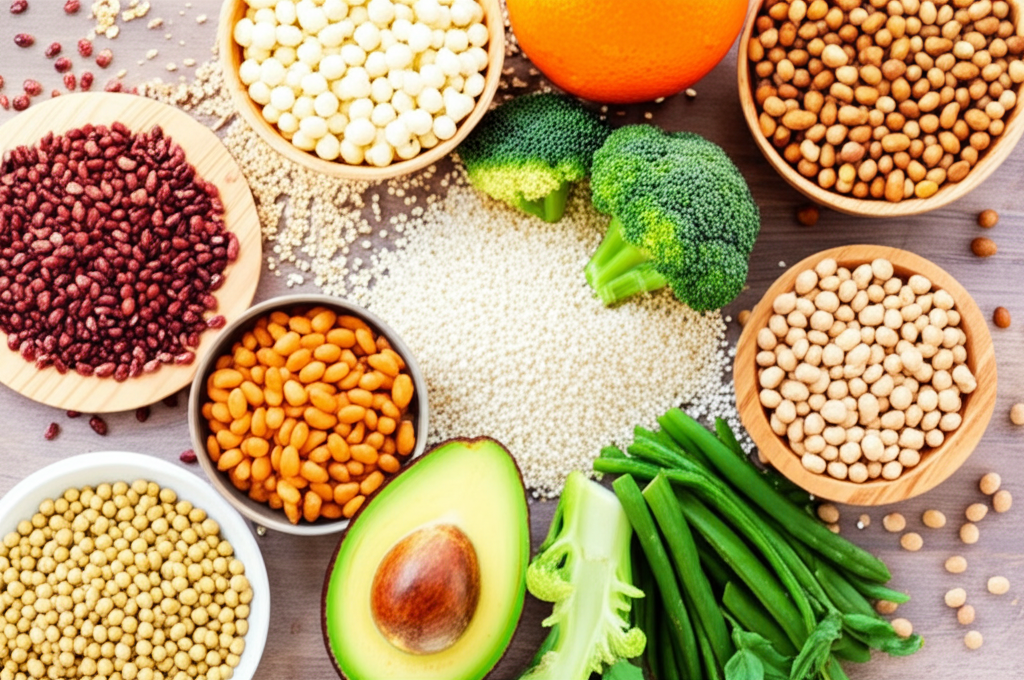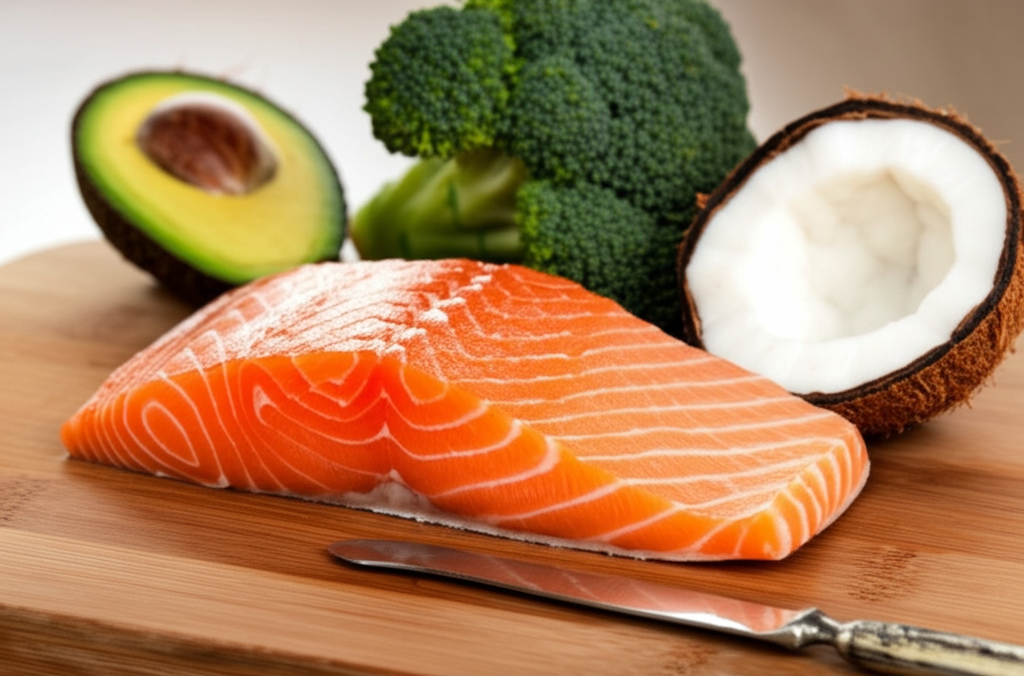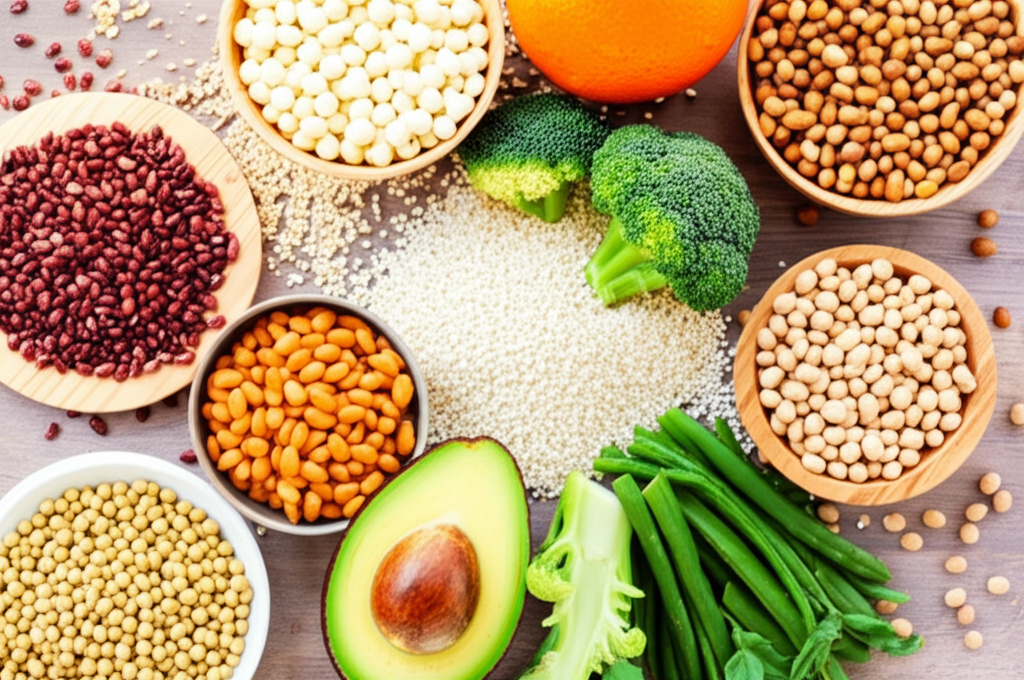In the quest for well-being, it’s essential to explore solutions that empower us to take charge of our health. This content unveils two impactful approaches, grounded in scientific understanding, to potentially strengthen your body’s defenses against viral threats.
Viruses share a common vulnerability: a fatty outer layer. This characteristic can be leveraged to disrupt their structure and hinder their ability to function. Understanding this weakness is the first step in developing a strategic approach.
The human body possesses an incredible, naturally designed defense system. While remarkably effective, this system relies on informed choices. A key element in supporting this defense is understanding how the body utilizes its primary fuel source: glucose.
Glucose, or blood sugar, serves as the body’s fuel, powering vital functions like the immune system, mental clarity, and tissue repair. Maintaining balanced glucose levels is crucial for optimal performance.
Elevated glucose levels, known as hyperglycemia, can suppress the immune system. Scientific research indicates that when glucose rises above a certain threshold, the body’s defense mechanisms are compromised, potentially creating an environment where viruses can thrive.

Conversely, maintaining stable glucose levels within a healthy range can enhance the immune system’s ability to function effectively. When the body’s defenses are strong, viruses have a diminished chance of gaining a foothold.
Viruses, significantly smaller than bacteria, face a formidable opponent in specialized immune cells called macrophages. These cells engulf and destroy viruses. However, elevated glucose levels can hinder the efficiency of macrophages.
Therefore, managing glucose intake becomes a strategic step in supporting the immune system’s ability to combat viral threats. Reducing the consumption of refined carbohydrates and sugary foods can contribute to maintaining stable glucose levels.
The first strategic approach involves actively managing glucose levels through dietary choices. By reducing intake of foods that cause rapid glucose spikes, you can support the immune system’s ability to respond effectively. Aim for a balanced plate, limiting high-carbohydrate foods to a quarter of your meal.
The second strategic approach involves incorporating antiviral oils like coconut oil. Coconut oil contains lauric acid, a compound known for its antiviral properties. Lauric acid can disrupt the fatty outer layer of viruses.

Once ingested, the body converts lauric acid into monolaurin, a potent antiviral substance. Monolaurin can further support the body’s defenses against viral infections.
When introducing coconut oil, it is advisable to start with small amounts and gradually increase intake. Monitor your body’s response and adjust accordingly.
Bone broth offers benefits. Bone broth is rich in minerals and collagen, it provides building blocks that promote tissue repair and immune function. It provides L-lysine, an antiviral amino acid. Simmering bones for an extended period extracts these beneficial components, creating a nutrient-rich broth.
By strategically combining these two approaches – managing glucose levels and incorporating antiviral oils – individuals can potentially bolster their body’s defenses against viral threats.
Note: This information is intended for educational purposes and should not be considered medical advice. Consult with a healthcare professional for personalized guidance.



